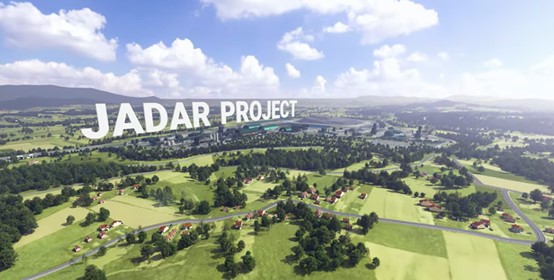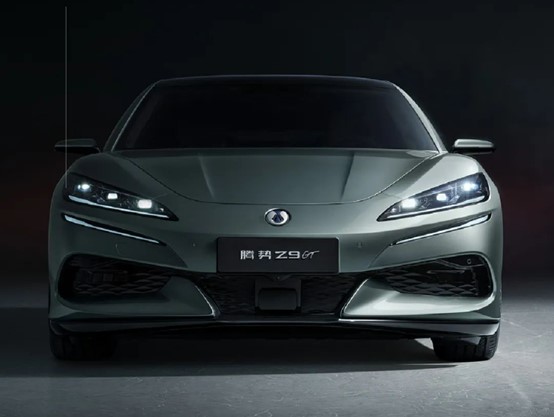According to Balkan Green Energy News, protests against the Serbian government's decision in June to restart Rio Tinto's Jadar lithium mining project have been ongoing for over two months. During this period, the Serbian government has detained and interrogated up to 60 demonstrators opposing lithium mining and arrested dozens of activists calling for a ban on the exploration and mining of lithium and boron ores. Some of these activists face criminal charges for advocating a violent change in the constitutional order and inciting ethnic, racial, and religious hatred.

In 2022, Rio Tinto planned to mine lithium in the Jadar Valley near Loznica, Serbia, but the project was shelved due to a series of protests. In mid-June of this year, Serbian President Aleksandar Vučić announced the revival of the lithium mine project, and the country's highest court overturned the ruling on the Jadar project's spatial planning from 2022, allowing the administrative branch to immediately move forward with this lithium mining project.
On July 19th, Serbia and the European Commission signed a Memorandum of Understanding to establish a strategic partnership in raw materials and value chains for batteries and electric vehicles. German Chancellor Olaf Scholz and Serbian President Alexander Vučić attended the signing ceremony of the memorandum.
As reported by the Financial Times and the Associated Press, Vučić has received support from EU leaders, including French President Emmanuel Macron and German Chancellor Olaf Scholz, as well as major European car companies such as Mercedes-Benz, Volkswagen, and Stellantis. Both Macron and Scholz visited Serbia recently. At the end of August, during French President Emmanuel Macron's visit to Belgrade, Serbia and France signed 12 agreements, including 5 related to critical raw materials such as lithium, as well as energy and environmental protection.
According to previous plans, the Jadar lithium mine project is expected to become operational in 2028, producing 58,000 tons of lithium annually, meeting 17% of Europe's electric vehicle production needs, equivalent to the production of about 1.1 million electric vehicles. This is significant for European countries that are highly dependent on external key battery materials and are eager to transition to green energy, helping Europe reduce its reliance on lithium imports, including from China, ensuring the diversification and resilience of Europe's supply chain.
Based on this lithium mining project, Serbia is expected to become a core node in Europe's strategic value chain, greatly promoting the country's economic prosperity and job growth. Additionally, Serbia's cooperation with major EU countries in the lithium battery value chain will bring Serbia closer to the EU, helping Serbia, which has long sought to join the EU, to better integrate into the EU and promote long-term mutually beneficial cooperation.
 Photo from Balkan Green Energy News
Photo from Balkan Green Energy News
However, the resumption of this lithium mining project has also caused divisions within Serbia. Both protest organizers and government departments have faced threats.
As reported by Balkan Green Energy News, Bojan Simišić, the founder of the environmental organization Eko straža, which opposes the lithium mine project, stated that media supporting the government labeled them as traitors and spies. However, he emphasized to the media, "Everyone must become an activist in order to protect the environment in Serbia." — Despite President Vučić's repeated emphasis on inviting top experts from home and abroad to ensure the environmental safety of this lithium mining project.
Aleksandar Matković, a research associate at the Institute of Economic Sciences, analyzed the potential harm of the Jadar lithium project in a column and stated that Serbia could become "Europe's mining colony." He received death threats for this column. Several activists, including the Ne damo Jadar group and the Association of Environmental Organizations of Serbia, were included in an "eco-terrorist registry" by an anonymous organization.
On the other hand, Serbian Minister of Mining and Energy Dubravka Đedović Handanović stated that the ministry had received anonymous threats and threatening emails related to the Jadar project, criticizing these "fake environmentalists and politicians" for attempting to overthrow the government with violence.




Photo from Balkan Green Energy News


